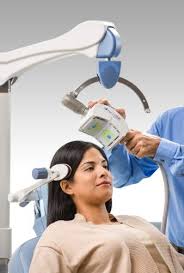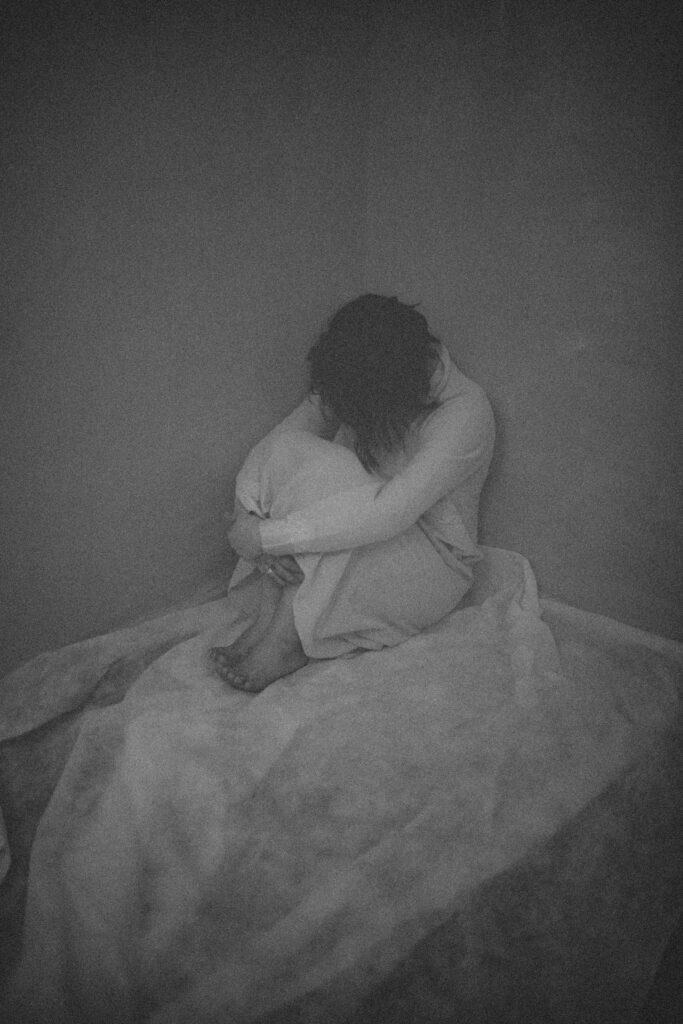 The good majority of people seeking treatment and help for their depression are very successfully treated with either counseling and therapy or antidepressant medication. There is a small percentage of people who find that these usual means of treatment are simply not working and their depression persists. There are a few methods for treatment-resistant depression. One of them has been around a long time and the other two are fairly new methods that have been developed. The three methods are:
The good majority of people seeking treatment and help for their depression are very successfully treated with either counseling and therapy or antidepressant medication. There is a small percentage of people who find that these usual means of treatment are simply not working and their depression persists. There are a few methods for treatment-resistant depression. One of them has been around a long time and the other two are fairly new methods that have been developed. The three methods are:
Electroconvulsive Therapy (ECT)
Some people have heard stories of ECT back in the 1940s and have heard bad things about it. While there was not as much research in the 1940s, ECT has undergone much perfecting and they know a lot more about proper administration to minimize side effects and lasting issues. In nearly 80% of treatment-resistant depressions, they have seen a marked improvement in symptoms. There is a brief electrical stimulation of the brain while the person is under anesthesia. There is typically a series of ECT treatments performed over a number of weeks. Some people experience a short-term loss of immediate memory which generally resolves over hours, days, or weeks. Although not a first-line approach to treating depression, ECT has proven to be helpful for those struggling and not responding to therapy and medication.
Transcranial Magnetic Stimulation (TMS)
Research began in the 1990s and the FDA approved TMS in 2008 as a treatment for people suffering from treatment-resistant depression. This non-invasive treatment approach uses rapidly alternating magnetic fields to stimulate certain parts of the brain. Some people have referred to it as a mini-MRI. These machines are often found in certain outpatient mental health clinics that have the machine to perform the treatment. Clients are typically awake for the procedure and side effects are minimal such as headaches and muscle twitches. Treatments usually occur 3-5 times a week for 4-6 weeks. Most insurance plans are now covering this treatment.
Ketamine Treatment
Ketamine is an anesthetic medication that has been used for years. The use of ketamine to treat depression is fairly new in the last several years and occurs at very small doses. It is not yet FDA-approved for treating depression. Many people see a positive response within 24 hours of treatment and current results suggest that 2 out of 3 people experience improvements in their treatment-resistant depression. Treatments are typically administered via IV over 40-minute periods of time. It is usually recommended that people have 4-6 treatments and may need occasional booster treatments down the road. For those who have exhausted other methods, this may be an alternate option to explore.
If you are interested in meeting with one of our providers to talk about treating your depression, feel free to contact IPC so you can schedule an individual consultation with one of our psychiatric providers so we can help discuss treatment options. Please call us now at 763-416-4167, or request an appointment on our website: WWW.IPC-MN.COM so we can sit down with you and complete a thorough assessment and help you develop a plan of action that will work for you. Life is too short to be unhappy. Find the peace of mind you deserve.
To get more great resources, sign up for our newsletter, like us on FaceBook, or follow us on Twitter.
Innovative Psychological Consultants
Peace of Mind You Deserve
Schedule An Appointment
"*" indicates required fields


